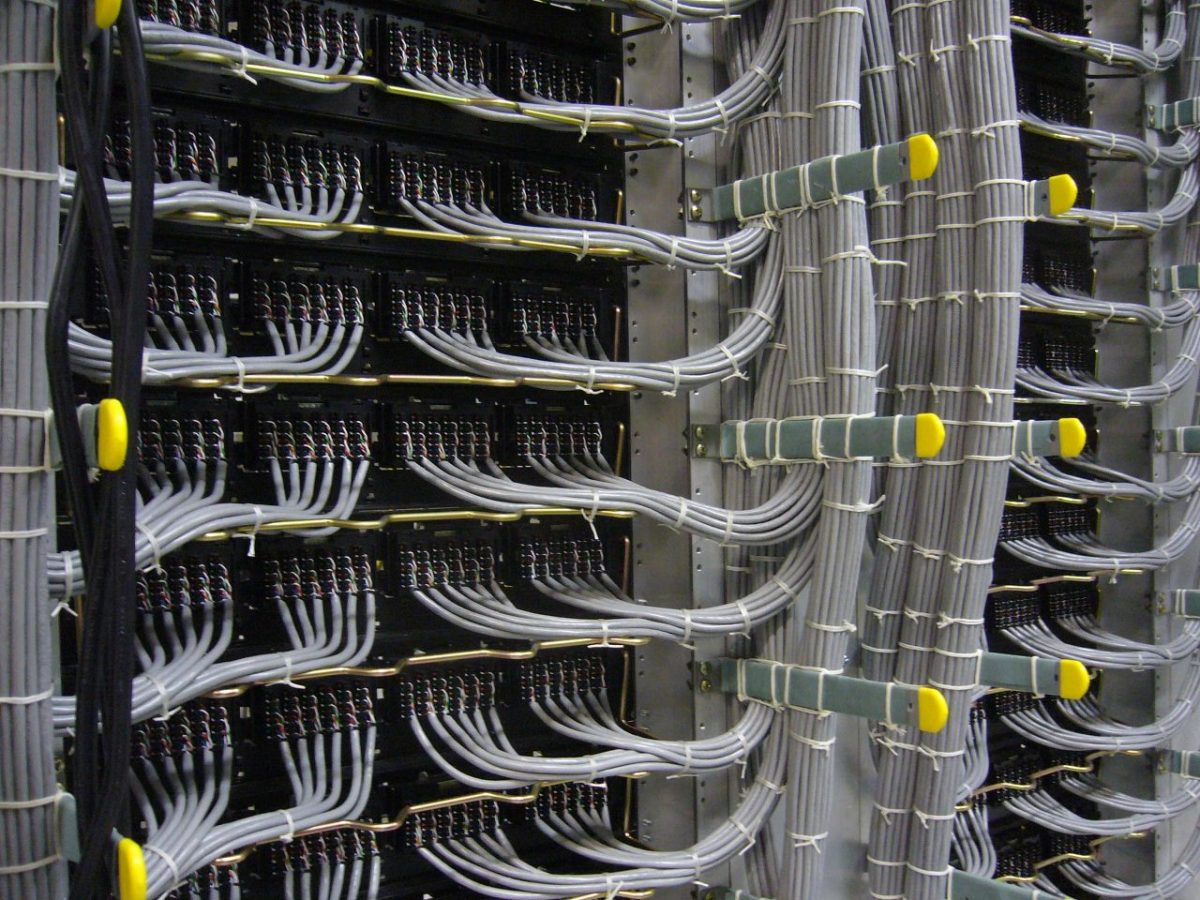Local Newspapers: A Foundation of Community

November 6, 2022
There’s an old adage you might be familiar with: “knowledge is power.” These words ring as true today as they did in 1597, when Francis Bacon is credited with writing them. We face a sea of misinformation—and even deliberate disinformation—that might lead us astray from truth. Now, more than ever, we need our local newspapers, not only to keep us informed about our communities, but to bind us together as a whole.
Local newspapers have been disappearing around the US for years. And a strange thing happens to a community that loses its paper: the people in the community begin to perceive it more and more negatively. They worry more about crime rates, about death, about poor decisions and crumbling infrastructure. There’s actually a very sensible explanation for this: without a local newspaper to read, people rely on media outlets that cover much larger regions. These media outlets search for stories that “pop” and make attention-grabbing headlines, which leads them to select stories about crime or scandal over, say, the construction of a new playground. All of this means that the bad begins to be over-represented while the good is pushed away into the corner, out of sight. Thus, not only does the community begin to see itself poorly; the rest of the surrounding area does too.
With no local news, residents turn to gossip and hearsay to learn about the goings-on in their town. Some of what the might hear is true, some is false, but all of it is unreliable. Someone might pass away or leave without anybody else knowing for weeks or even months. Within the bubble of the community, small pockets emerge of citizen journalists who try to keep themselves and those around them informed. Maybe they’re the hostess of a local diner, or a librarian, or a group of people on a Facebook group. Regardless, these brave people try to fill the news vacuum, to varying degrees of success. Despite their best efforts, communities are often left with disjointed networks of informants.
And that’s not even getting into the vital role newspapers play in democracy. It’s easier for people to participate in the democratic process when they’re informed and invested in the issues. Without newspapers that report on candidates, on political races, on the needs and feelings of a community, it can be hard to stay motivated or have faith in democracy. All of this is only compounded when a community begins to see only the negative side of itself, and when our connections begin to break down.
All this to say one thing: the truest value of a newspaper isn’t in the paper. It’s not in the writing or the puzzles or the horoscopes. It’s in the way it connects everyone in the community.













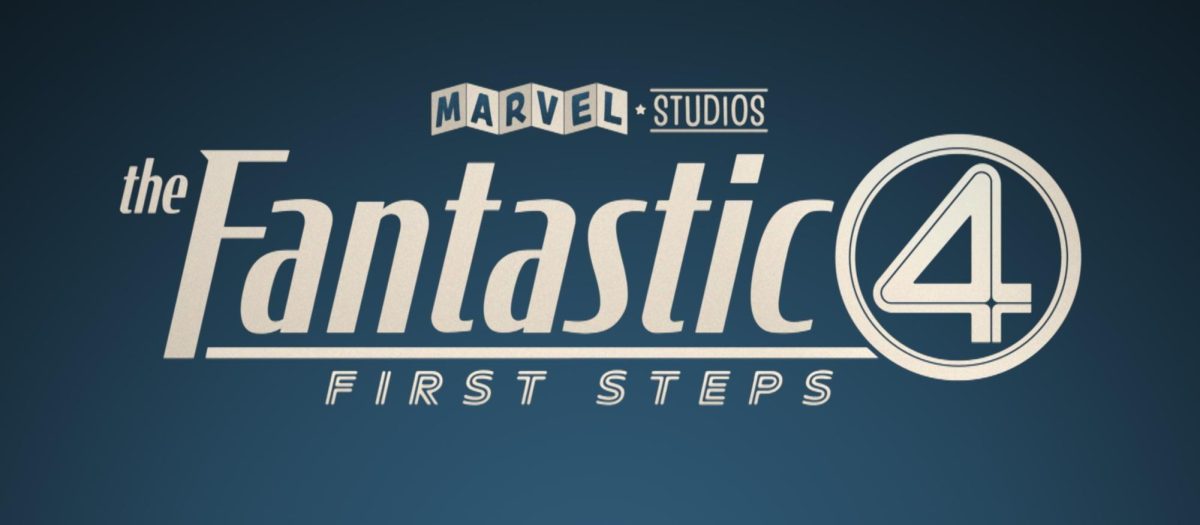














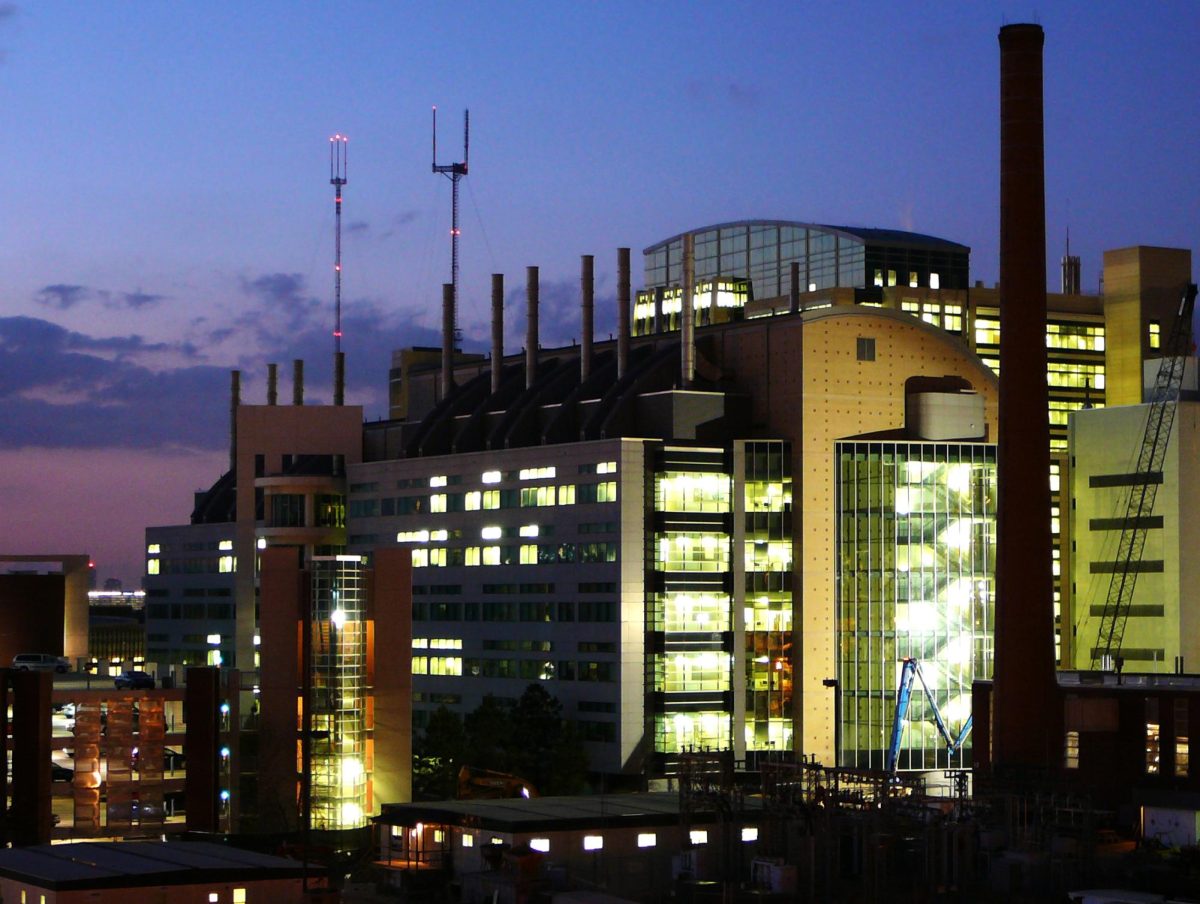
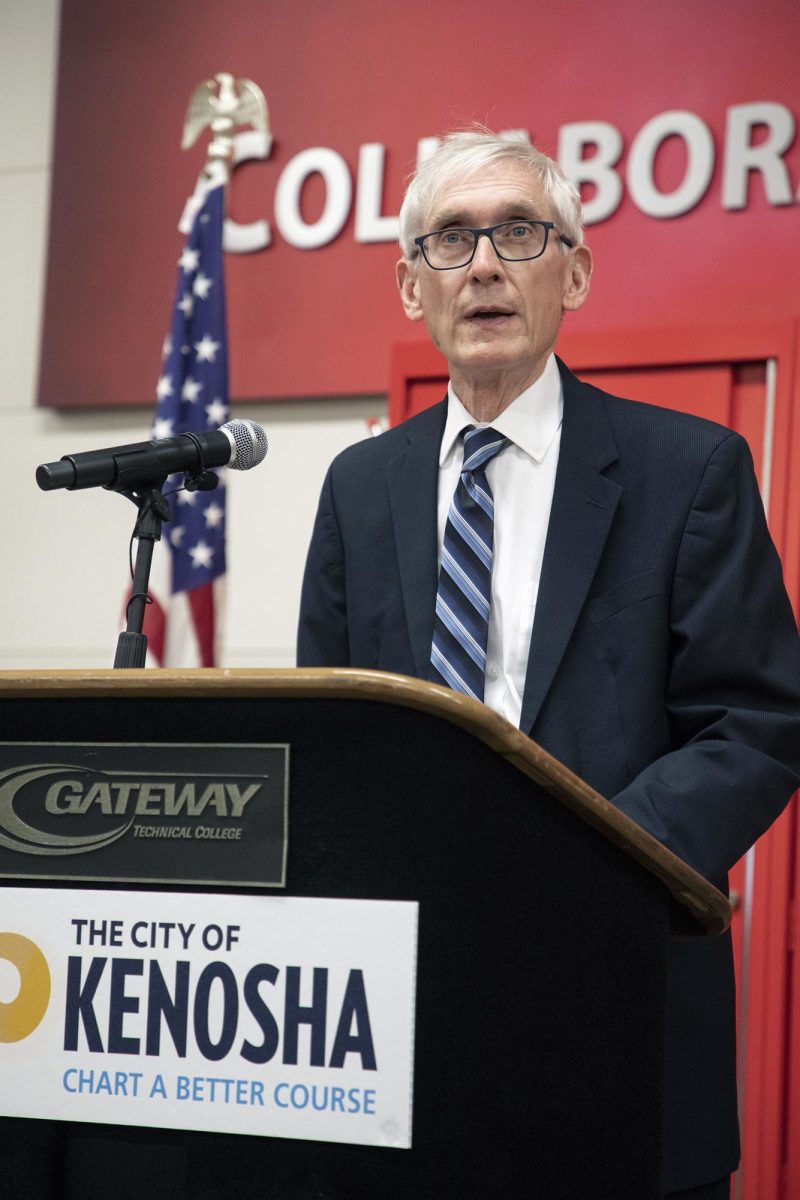










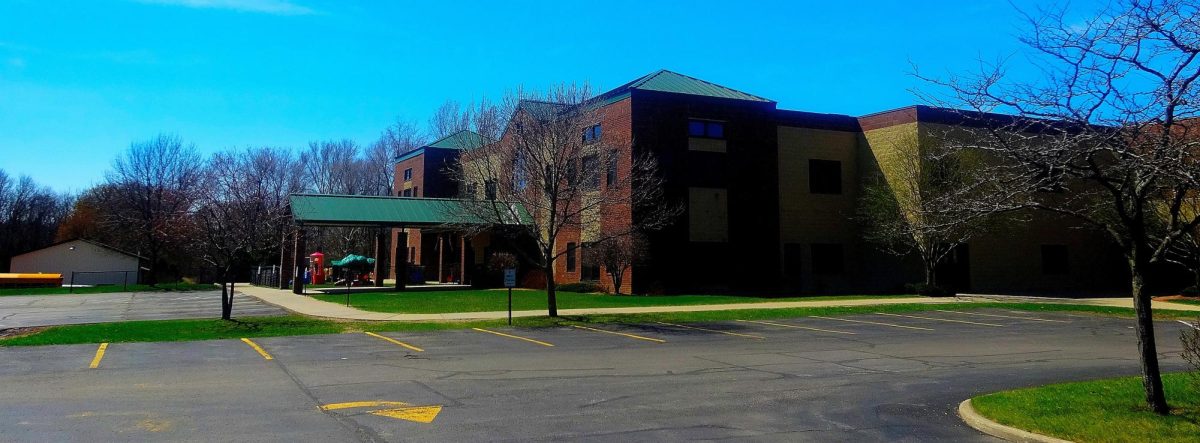
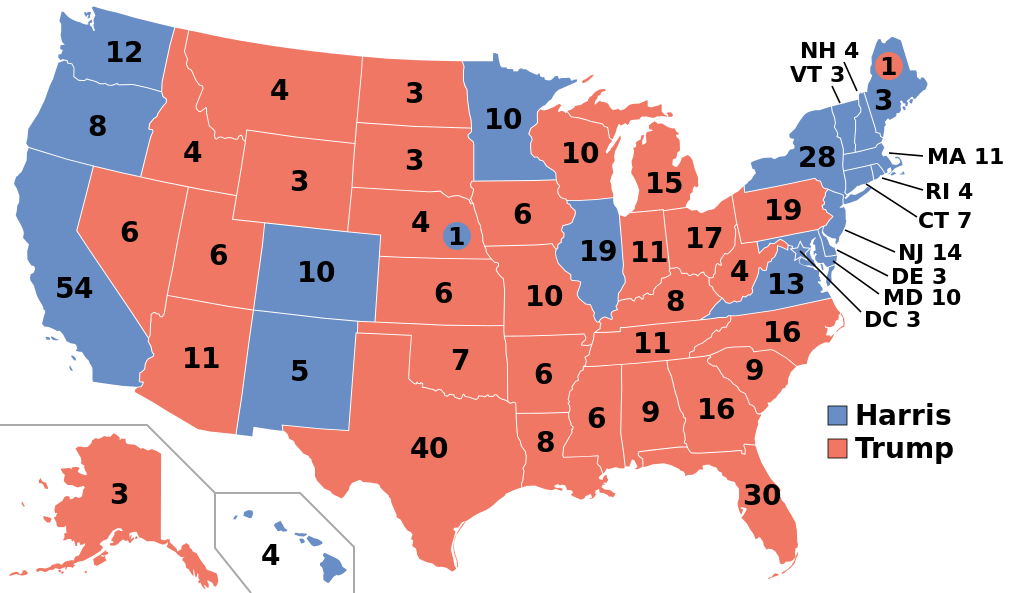
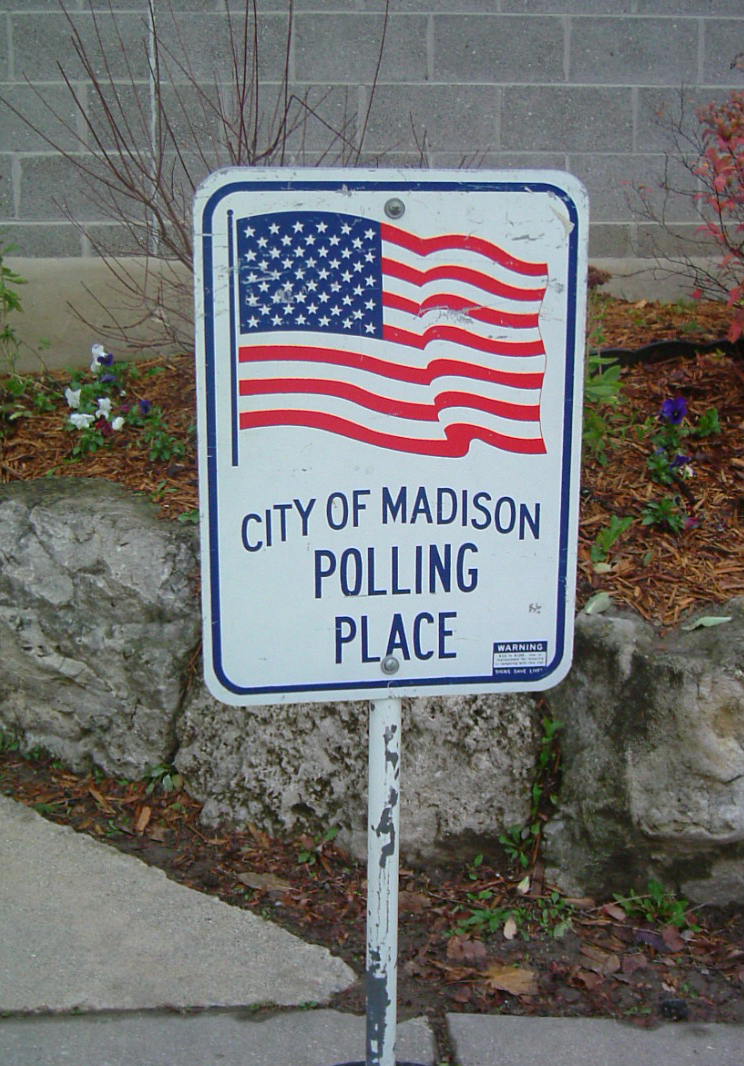






![Image credit to [puamelia]](https://memorialswordandshield.com/wp-content/uploads/2025/08/3435027358_ef87531f0b_o-1200x803.jpg)
